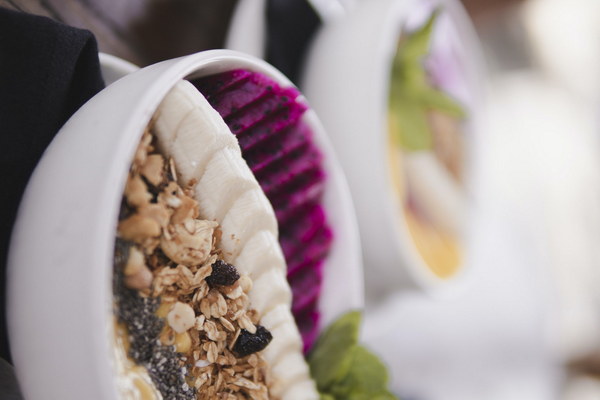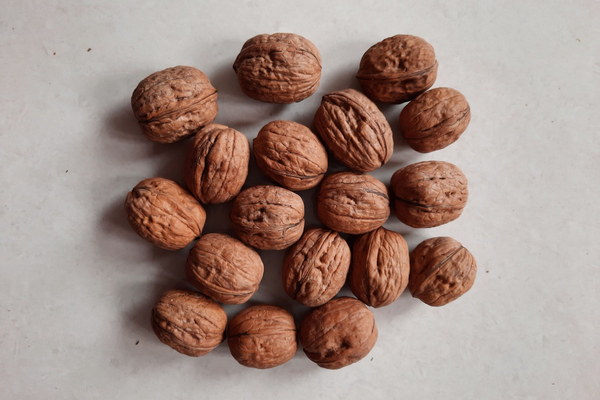Postpartum Herbal Remedies A Guide to Traditional Chinese Medicine for New Mothers
Postpartum Herbal Remedies: A Guide to Traditional Chinese Medicine for New Mothers
The journey of motherhood is a profound and transformative experience, marked by a multitude of physical and emotional changes. One of the most critical periods in a woman's postpartum recovery is the immediate aftermath of childbirth. Traditional Chinese Medicine (TCM) offers a wealth of herbal remedies designed to support the body's natural healing process during this time. Here, we delve into the world of postpartum herbal remedies, exploring the benefits and uses of these time-honored treatments.
Understanding Postpartum Recovery in TCM
In TCM, the postpartum period is known as Sitzung or Zuo Chi, a time when the body is particularly vulnerable and in need of restoration. This period, lasting from a few days to a few weeks after childbirth, is crucial for the mother to regain her health and strength. TCM focuses on balancing the body's Yin and Yang, as well as addressing specific issues that may arise during this delicate phase.
Common Postpartum Conditions Addressed by Herbal Remedies
1. Lack of Energy (Fatigue)
- Herbal Remedies: Astragalus (Huang Qi), Codonopsis (Dang Shen), and Licorice (Gan Cao) are commonly used to boost energy and support the immune system.
2. Blood Deficiency
- Herbal Remedies: Formula like Shen Yu Tang (Spiritual Nourishing Decoction) and Suan Zao Ren (Sour Jujube Seeds) are known to nourish blood and alleviate fatigue.

3. Stagnation of Qi
- Herbal Remedies: Bu Zhong Yi Qi Tang (Tonify the Center and Strengthen Qi Decoction) helps to move Qi and relieve bloating, constipation, and other postpartum symptoms.
4. Lack of Lactation
- Herbal Remedies: Herbs such as Fenugreek, Fennel, and Millet are traditionally used to stimulate milk production.
5. Depression and Anxiety
- Herbal Remedies: St. John's Wort, Skullcap, and Motherwort are used to alleviate mood disorders and promote emotional well-being.
6. Uterine Prolapse
- Herbal Remedies: Herbs like Shou Wu (Chinese Foxglove Root) and Dang Gui (Chinese Angelica Root) can help tone the uterus and prevent prolapse.
Herbal Remedies for Postpartum Care
1. Dang Gui (Chinese Angelica Root)
- Dang Gui is a versatile herb known for its ability to nourish blood, tonify the body, and relieve pain. It is often included in many postpartum formulas.
2. Shen Yu Tang (Spiritual Nourishing Decoction)
- This formula is designed to nourish the blood and yin, which is essential for postpartum recovery. It is often prescribed to new mothers to prevent fatigue and support overall well-being.
3. Bu Zhong Yi Qi Tang (Tonify the Center and Strengthen Qi Decoction)
- This formula helps to tonify the spleen and stomach, which are responsible for the production of Qi and blood. It is particularly useful for women who experience bloating, constipation, or fatigue after childbirth.
4. Shou Wu (Chinese Foxglove Root)
- Shou Wu is a potent herb used to nourish the blood and replenish the essence. It is often used to treat postpartum anemia and to support the healing of the uterus.
5. Motherwort (Leonurus japonicus)
- Motherwort is used to stimulate milk production and to help with the contraction of the uterus. It is also known for its calming properties, which can help alleviate anxiety and stress.
Safety and Considerations
While herbal remedies can be a valuable part of postpartum care, it is crucial to consult with a qualified TCM practitioner before starting any treatment. Some herbs may interact with medications or have contraindications for certain health conditions. Additionally, it is important to ensure that the herbs are sourced from a reliable and reputable supplier to avoid contamination and ensure quality.
In conclusion, postpartum herbal remedies offer a natural and holistic approach to healing and recovery. By addressing the specific needs of the postpartum body, these remedies can support new mothers in regaining their strength and vitality. As always, it is best to seek professional advice to tailor the treatment to individual needs and circumstances.









